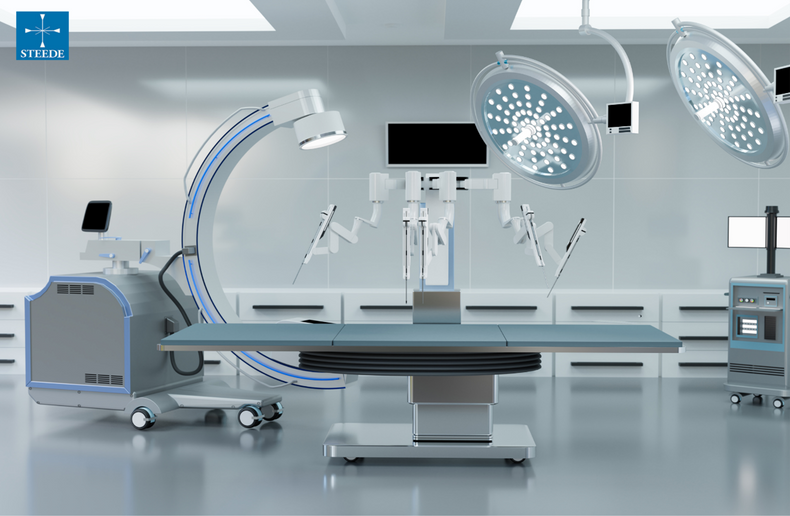In the healthcare sector, the dependability and quality of medical equipment are vital to ensuring patient safety, optimizing treatment results, and maintaining smooth operations. For healthcare organizations looking to grow sustainably and operate efficiently, selecting the right hospital equipment suppliers is a crucial strategic move. This article highlights key factors to consider when evaluating suppliers, the benefits of working with trusted partners, and useful practices to prolong the lifespan of medical equipment.
Why Choosing Reliable Suppliers Is Critical
Medical devices are more than just tools—they are central to delivering safe and effective patient care. Whether it’s diagnostic equipment or surgical instruments, the functionality and durability of each device directly impact healthcare outcomes. Partnering with reputable suppliers ensures access to products that meet strict safety regulations, perform consistently, and are designed for long-term use.
Essential Qualities of a Good Equipment Supplier
- Commitment to High Standards
Opt for suppliers that adhere to international quality certifications like ISO. High-quality equipment reduces the risk of failure and supports continuous, safe patient care. - Strong Reputation and Proven Experience
Vendors with an established presence and positive client feedback are more likely to offer dependable products and services. Explore customer feedback and the company’s long-term industry partnerships. - Diverse Product Portfolio
Suppliers offering a wide range of products streamline the purchasing process and help ensure system compatibility, reducing the need for multiple vendor engagements. - Robust After-Sales Support
Quality suppliers provide comprehensive support, including maintenance, troubleshooting, and technical help—critical for ensuring equipment longevity and performance. - Regulatory Alignment
Confirm that all equipment meets national and international regulatory standards. Compliance plays a vital role in ensuring legal standards and protecting patient well-being.
- Long-Term Value
Consider the total cost of ownership instead of just the purchase price. It involves maintenance costs, replacing parts, and ensuring long-term efficiency.
Advantages of Partnering with Trusted Suppliers
- Enhanced Patient Safety
Reliable equipment reduces the risk of failures and errors, leading to safer care. - Greater Operational Reliability
Fewer breakdowns mean smoother workflows and reduced disruptions in service. - Better Financial Returns
While durable devices may cost more initially, they often result in lower maintenance costs and longer lifespans. - Peace of Mind
Working with a dependable supplier lets healthcare teams concentrate on patient outcomes instead of worrying about equipment reliability.
Tips to Prolong Equipment Life
- Schedule Routine Maintenance
Regular check-ups can catch small issues early, preventing bigger, costlier problems. - Train Staff Properly
Ensuring that users understand proper operation minimizes the chance of accidental damage. - Use Genuine Replacement Parts
Always opt for manufacturer-approved parts to maintain quality and avoid voiding warranties. - Stay Updated on Technology
Keeping pace with advancements helps identify when upgrades or replacements can enhance efficiency and care delivery.
Conclusion
Choosing the right medical equipment supplier is a decision that shapes not only the quality of patient care but also the long-term success of a healthcare organization. By prioritizing quality, compliance, support, and value, facilities can build lasting partnerships that drive operational excellence.
In an ever-evolving healthcare environment, your supplier isn’t just a vendor—it’s a key contributor to your mission of delivering outstanding patient care.

